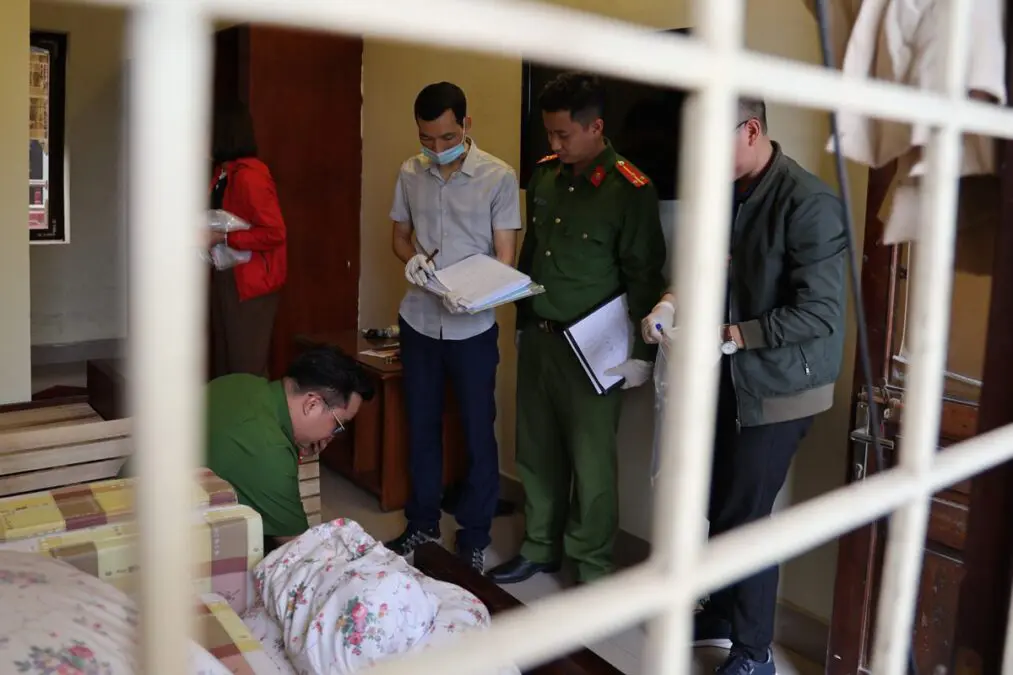© UNODC
Bangkok (Thailand), 23 August 2021 – Due to the ongoing COVID-19 pandemic, UNODC has adapted how it delivers trainings and is adopting new strategies to train law enforcement officers across Southeast Asia.
Through agreements with national law enforcement academies, UNODC’s border management programme has established state-of-the-art training rooms to conduct professional development workshops and is delivering training courses addressing illicit trafficking and transnational organized crime.
Central to the partnership model is the professional development of instructors themselves. The series of ‘core curricula’ modules — available in English, Burmese, Khmer, Lao, Thai, and Vietnamese — are designed around the responsibilities of, and fundamental skills required by, junior, mid-ranking, and senior officers, and cover topics related to investigating various types of transnational organized crime and illicit trafficking.
“Our partnerships with training academies are about providing sustainable platforms for Member States to achieve results,” said Valentina Pancieri, UNODC Regional Coordinator for the Border Management Programme and added that “The ability to pass on knowledge and skills this way ensures we have an impact on a workforce and not a single group of students.”
During recent workshops at the Viet Nam People’s Police Academy, previously trained instructors from the Viet Nam Customs School lead sessions alongside international trainers.
“We have acquired a lot of knowledge and learned skills related to in-class instruction as well as specialized investigation techniques, including crime scene investigation, surveillance, managing controlled deliveries and using technology such as GPS trackers,” said Major Mac Xuan Huong of the Viet Nam Criminal Police Department and added that “The core curricula is very helpful and I will be using it and applying the lessons learned when instructing my students at the People’s Police Academy.”
“We know from our experience here in Southeast Asia that law enforcement agencies need a shared understanding of challenges and solutions. Training following a common core curriculum can in many respects provide this foundation – in a sense it means trainers and trainees start to share a common language around the issues they work on” said Jeremy Douglas, UNODC Regional Representative for Southeast Asia and the Pacific.”
As UNODC’s network of partner academies grows in Southeast Asia, so too will the opportunity for cooperation between academies and law enforcement officers. The use of a shared core curriculum will, over time, create similar perceptions between law enforcement agencies in the region.
***
So far, UNODC has established partnerships with three academies—two in Viet Nam and one in the Philippines— while agreements with academies in Thailand and Cambodia are now also in-place and courses scheduled for the coming months. UNODC will continue to expand partnerships with training academies throughout 2021 and 2022 and is developing specialized curricula on specific topics and crime types.
UNODC’s regional border management and cybercrime programmes are working with partner academies in Viet Nam to develop curricula on digital evidence analysis and cybercrime investigations for national instructors to deliver at the Customs School and People’s Police Academy. While the regional precursor programme is developing curricula to enhance knowledge and skills for precursor chemical investigations.







